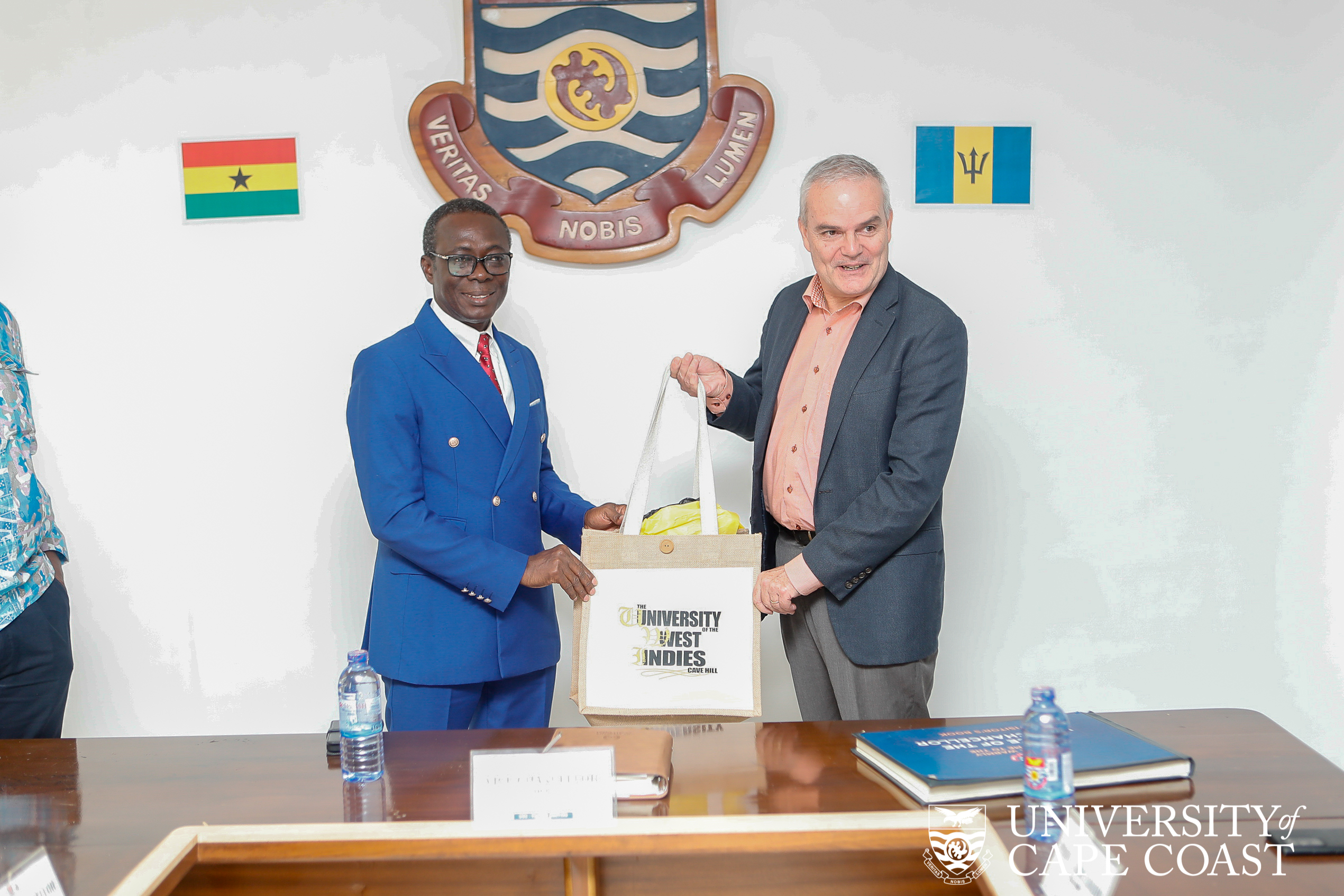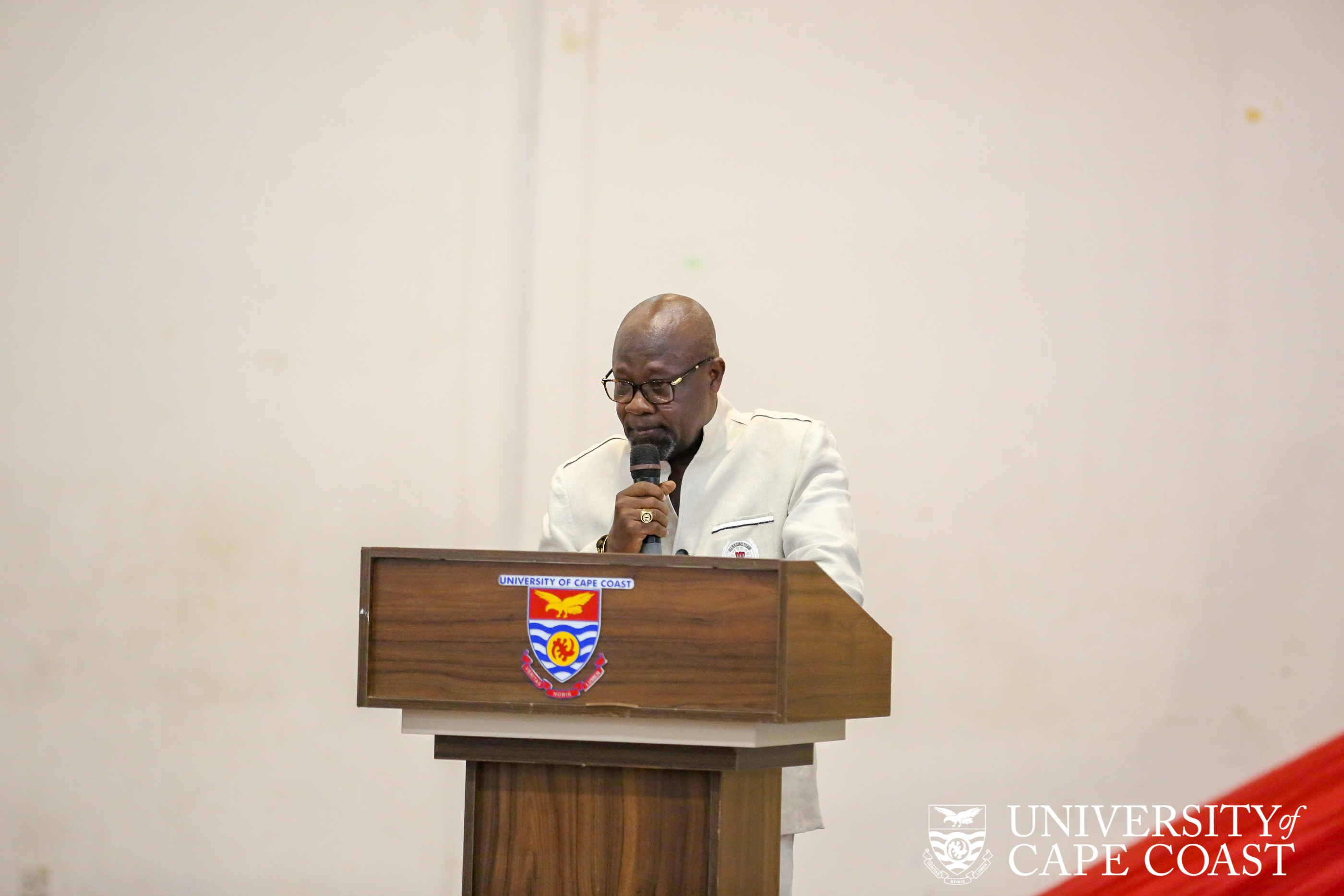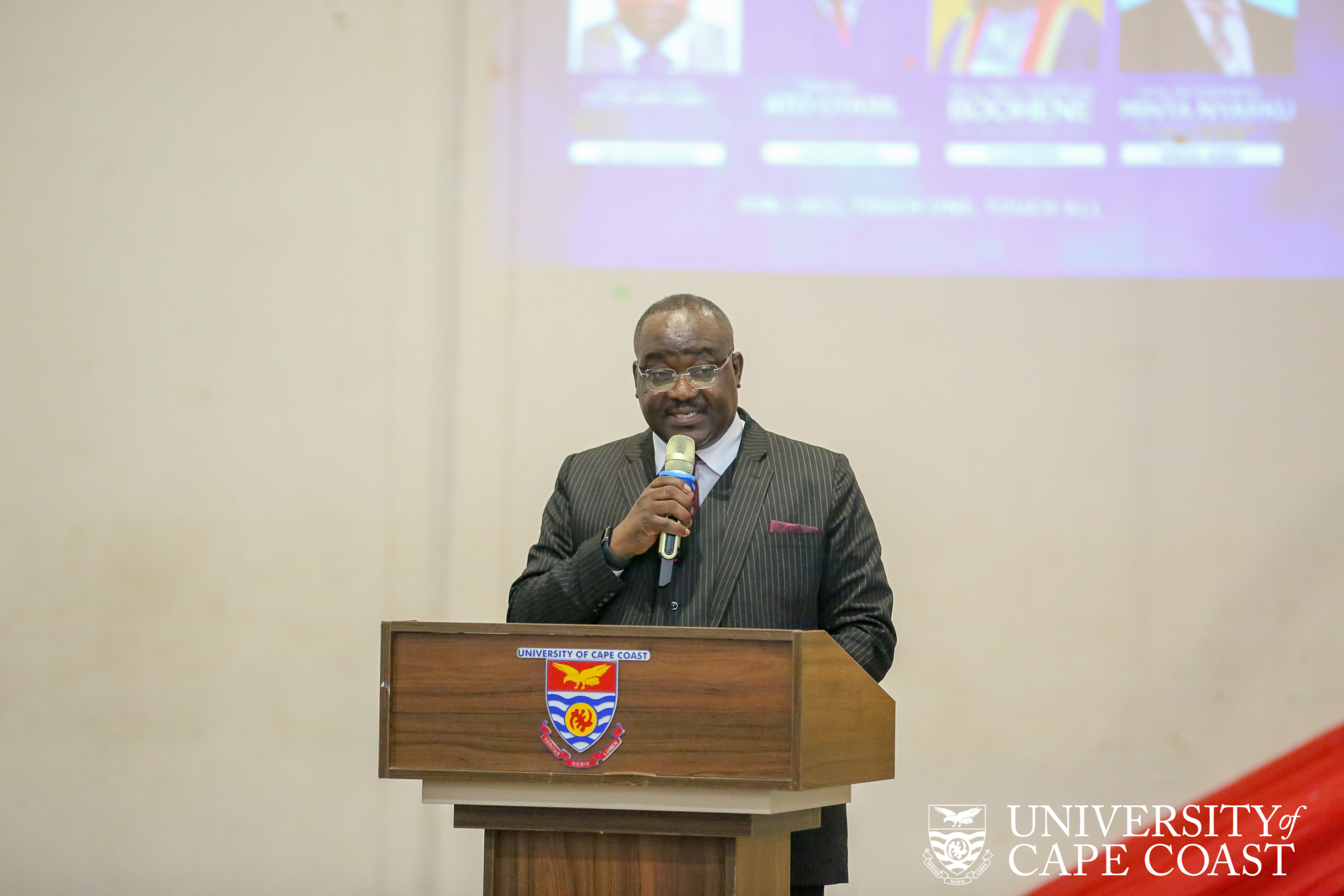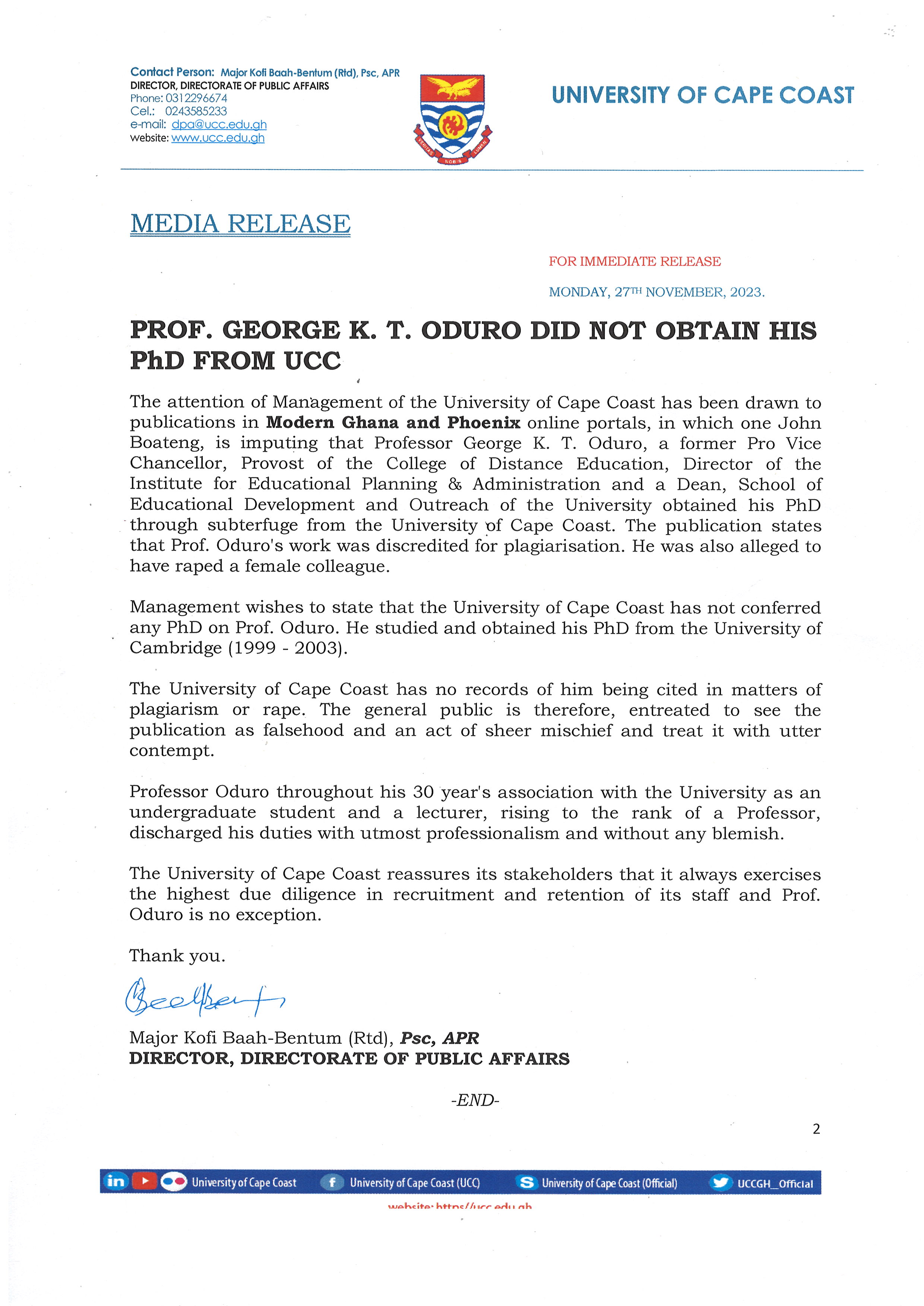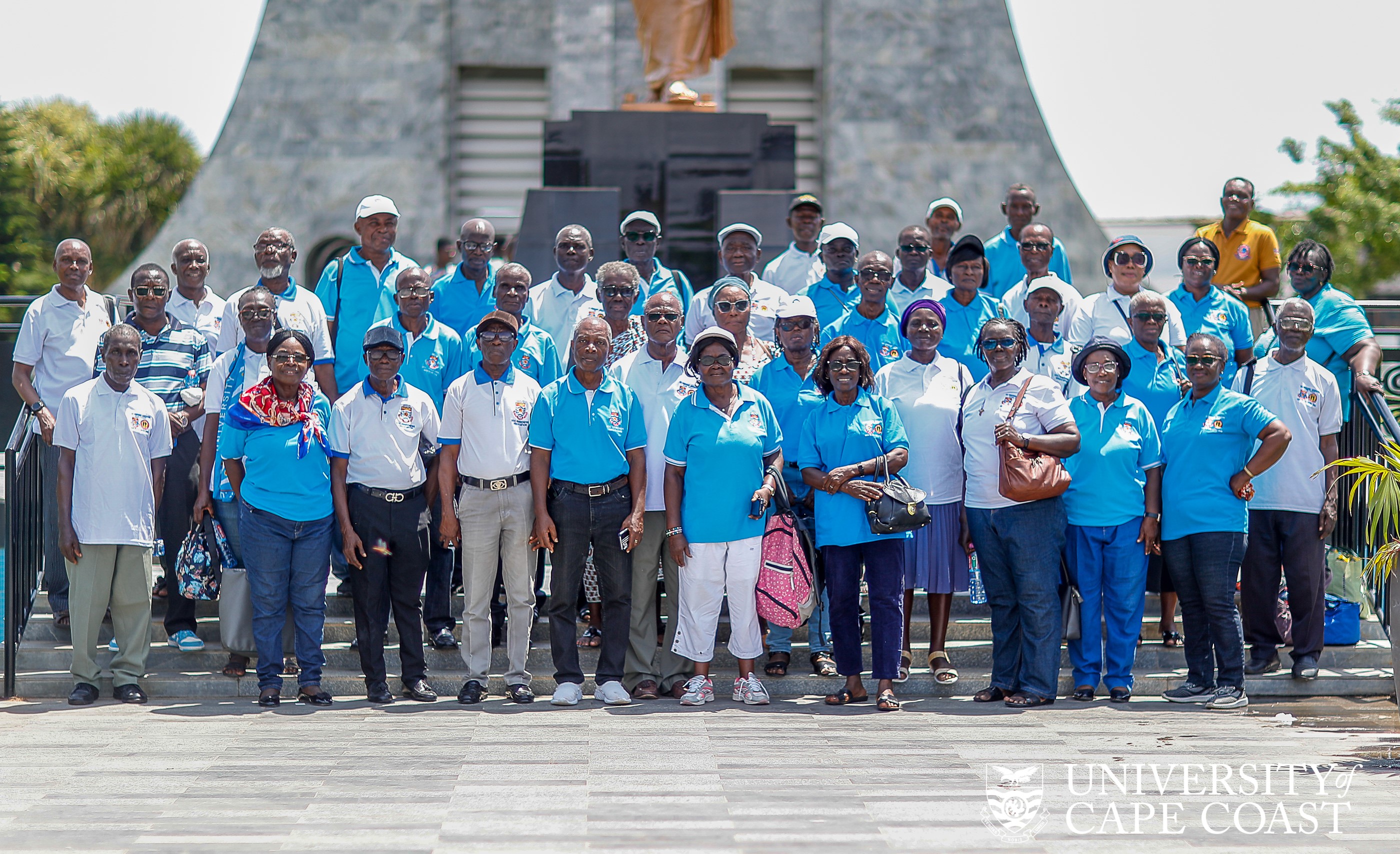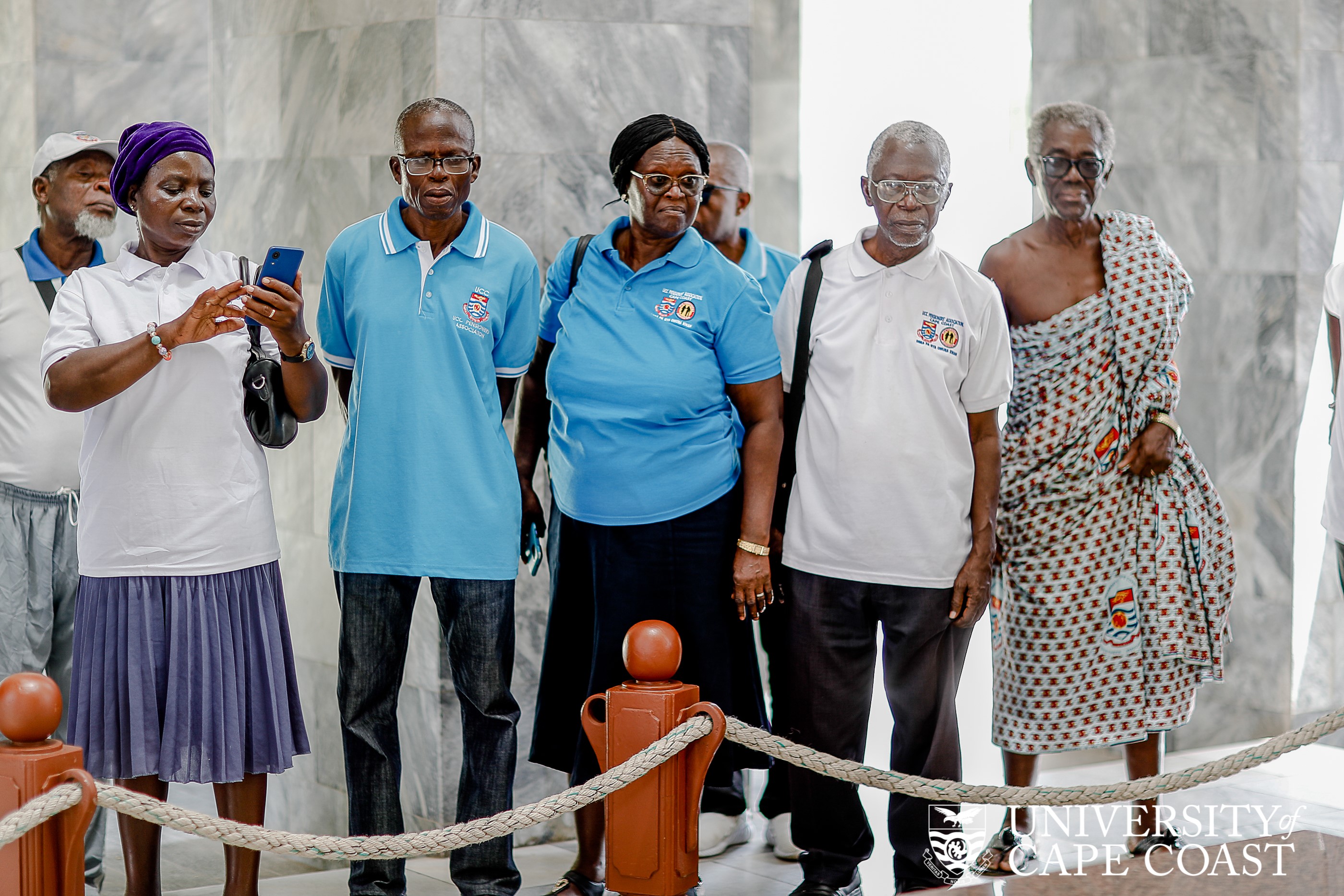Staff of the Directorate of Finance of the University of Cape Coast (UCC) have been alerted on the possible threat to the legitimacy of the finance profession if they fail to adhere to the code of conduct of the profession.
In this regard, they have been urged to uphold the principles and the code of ethics of the profession to ensure honesty, integrity, transparency, confidentiality and trustworthiness in the execution of their duties.
The Dean of the School of Business at UCC, Professor John Gatsi, who gave the advice, said respect for ethics was critical as they formed the backbone of any professional institution.
He was speaking at a seminar organised by the Directorate of Finance Welfare Association (DoFWA) as part of its 30th anniversary celebration on the topic, “Professional Work Ethics".
He told the finance officers about the boundary documents of the University such as the Procurement Act and Processes, the Public Financial Management Act, and the Financial and Stores Regulations, whilst admonishing them to follow religiously the provisions in all the documents.
A section of staff of the Directorate of Finance
Prof. Gatsi mentioned some of the professional misconducts as disclosing information acquired in the course of professional engagement to others without the consent of the client, gross negligence of professional duty, refusal to provide timely records, reports and wrong advice among others.
He said it was important for finance officers to enhance their skills in the areas of operations to help deliver quality service.
Due to the sensitive nature of the work of finance officers, Prof Gatsi urged the Directorate to come up with a gift policy to guide staff.
According to him, gifts received by finance officers had the potential to compromise their professionalism.
Speaking on the topic, "Liver-Kidney Cross Talk", the Director of University Health Services, Dr James Kojo Prah, called on Ghanaians to stop consuming too much alcohol to avoid kidney and liver problems. He bemoaned the spate at which Hepatitis B Viral and its related diseases like liver cancer, cirrhosis, fatty liver disease were ravaging families in the country.
Director of University Health Services, Dr James Kojo Prah
He advocated an increase in the consumption of fruits due to their benefits to humans whilst he encouraged the general public to report to the hospital early to reduce the extent of damage of these diseases.
“Drinking water, engaging in exercise, reducing the intake of junk and avoiding addiction to painkillers are the best ways to care for the kidneys,” he added.
The Director of Finance, Mrs. Elizabeth Obese, advised the staff of the Directorate to take their health seriously and attach a sense of professionalism in the discharge of their responsibilities.
Source: Documentation and Information Section-UCC







